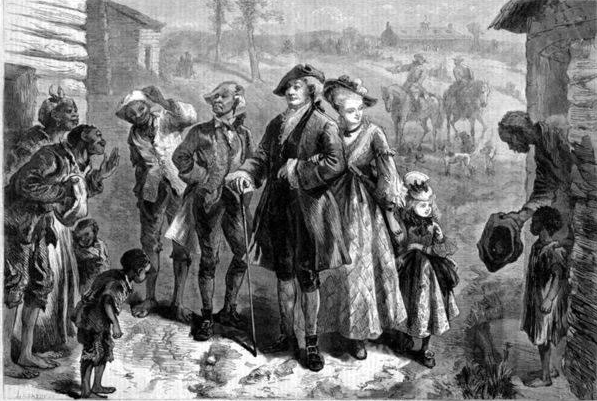
White women were just not plantation mistresses
Women, upon the death of their husbands, inherited more slaves than land. Thus, enslaved people usually became their primary source of wealth. Jones-Rogers writes that white women took an active part in the slave market, profited from it and used it for economic and social empowerment as evidenced by a female slaveholder, Martha Gibbs.
Then a sawmill owner in Mississippi, Gibbs owned a large number of slaves and was in charge of their daily management. When the Confederates surrendered, Gibbs led some of her enslaved workers to Texas “at gunpoint” and forced them to work for her until 1866, Slate reports Jones-Rogers as saying in her book. Most of the white women showed independence in their handling of their enslaved workers, often calling off the bluff of their husbands. When their husbands pass away, they still made wealth by their continuous control of the enslaved blacks who would continue to work for them.









